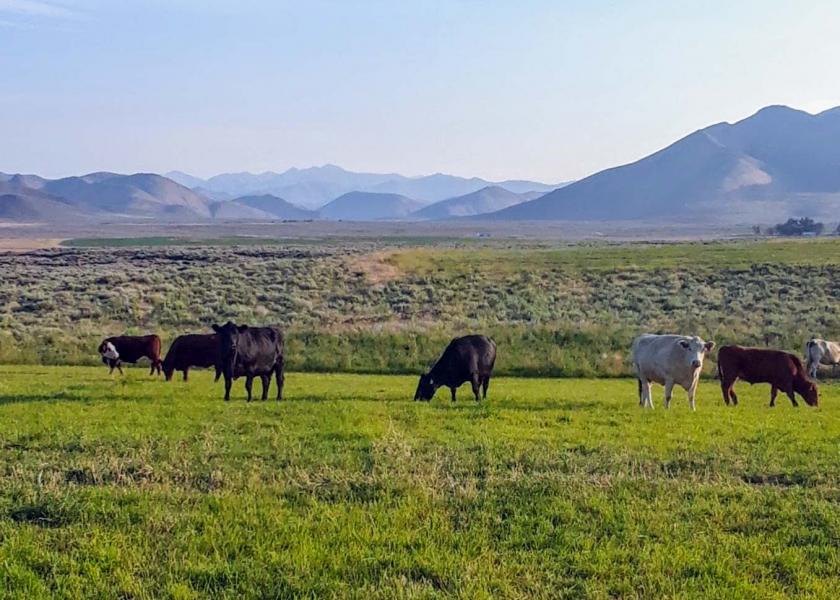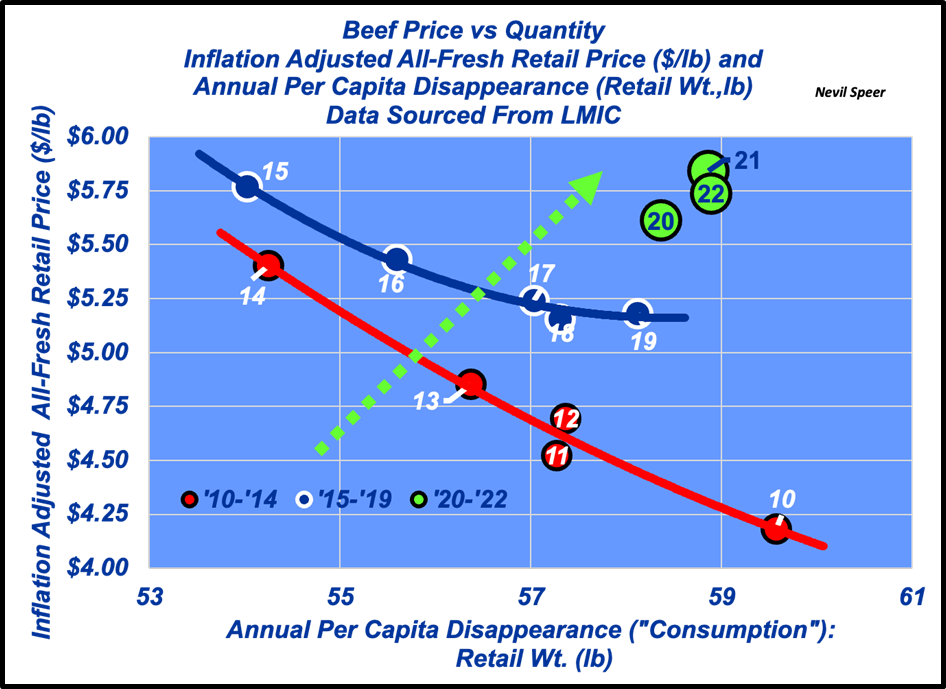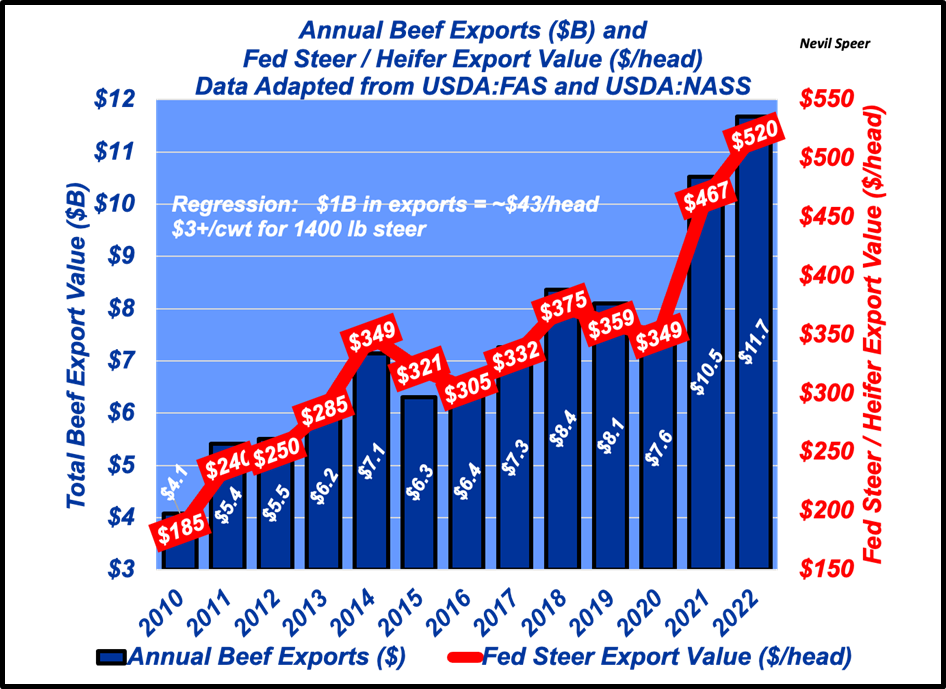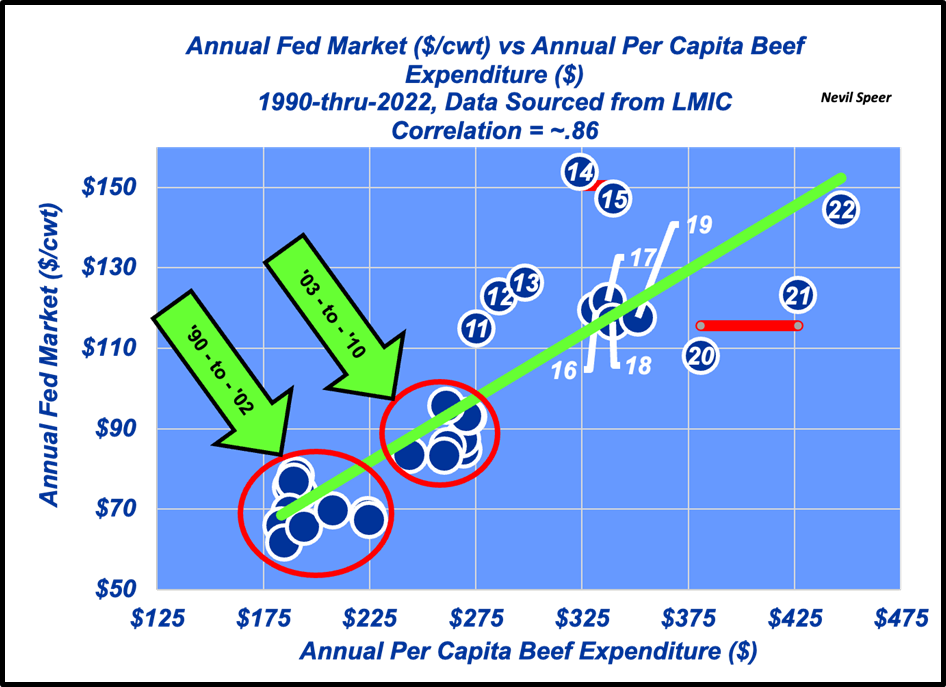Speer: OFF…Uffda!

My previous column highlighted the “consumption boondoggle” being promoted to undermine the Checkoff and build support for the OFF (Opportunities for Fairness in Farming) Act. But there’s even more still. For instance, one press release reads like this:
It’s one of the swampiest secrets in Washington, D.C. — the U.S. Dept. of Agriculture (USDA) Commodity Checkoffs for beef, pork, dairy, and other commodities. Under these programs, struggling farmers are forced to hand over part of their proceeds to line the coffers of these embattled government slush funds. It’s the worst kind of taxation – one where the payer gets nothing in return.
Let’s tackle the distortions in that short statement one-by-one.
“…part of the proceeds…”: The statement (plus reference to taxation) completely misconstrues what really happens. Regarding the Beef Checkoff, most readers likely know: 1) the program began in 1985, and 2) the law requires $1 collection for every animal sold (and that has NOT changed in nearly 40 years). Let’s put some perspective around those two facts.
The table below details $1 then (1985) and now (2023). Even in 1985, “part of their proceeds” was less than one-third-of-one-percent for a 550-lb calf; now it’s less than eight-hundredths-of-one-percent. The same principle applies to a fed steer. So, let’s just call it what it is: $1/head. Full stop.
|
Year |
Fed Steer (lb) |
Fed Steer Value |
Total $ / head |
Checkoff $1 as % of Total Value |
|
1985 |
1160 |
~$60/cwt |
$700 |
.14% |
|
2023 |
1460 |
~$175/cwt |
$2,555 |
.04% |
|
|
Calf (lb) |
550-lb Steer Value |
|
|
|
1985 |
550 |
~$67/cwt |
$370 |
.27% |
|
2023 |
550 |
~$230/cwt |
$1265 |
.08% |
“Government slush funds”: The money neither gets collected, nor allocated, by or on behalf of, either state or the federal government. There’s never a check made to, nor received from, the U.S., or any state, treasury. Moreover, government never dictates how the money gets invested – that’s all left to producers (while staying within confines of the act with oversight from the USDA).
The fiscal process is clearly outlined and detailed by the Checkoff. Press release writers would be well served to walk an authorization request (AR) through the approval process and subsequently manage its implementation – thereby avoiding mislabeling the Checkoff as “government slush funds.”
“…nothing in return…”: The most recent return-on-investment study reports a payoff of nearly $12 for every checkoff dollar collected (based on work from Dr. Harry Kaiser, Cornell University). The naysayers conveniently disregard that work.
Meanwhile, the Checkoff was implemented as a “national marketing and research program designed to increase the demand for beef at home and abroad.” And to that end, it’s proven successful. As noted in my previous column, beef demand continues to improve over time – both domestically (see first graph) and internationally (see second graph and Cowlandia, Exports, and the Real World).


Most importantly, increased spending equates to better markets. New record highs aren’t happenstance – a direct result of sustained and committed investment to build demand (see third graph).

Demagoguery: All this noise around the Checkoff harkens my Less Crisis, More Opportunity column that included the following:
Regarding the Checkoff, a reader recently emailed me an insightful observation that’s especially pertinent amidst this discussion:
“Every day at the national and state level there is a very committed group of national and state staff and volunteer leadership working to increase beef demand and consumer acceptance of beef in the U.S. and in export markets. It’s hard and focused work. They don’t yell and shout about what they are doing, sit around demagoguing issues or creating false hopes for beef producers. They don’t ask for it, but they deserve a lot of credit…”
Oofda!: A healthy dose of cynicism is said to be a good thing, but it’s also important to be on guard against defeatism. The same principle applies here. Sure, Checkoff accountability is essential, but let’s also be on guard against vast misrepresentation and demagoguery (uffda!). That doesn’t serve anyone well (except the PR groups paid to create it).
Nevil Speer is an independent consultant based in Bowling Green, KY. The views and opinions expressed herein do not reflect, nor are associated with in any manner, any client or business relationship. He can be reached at nevil.speer@turkeytrack.biz.







